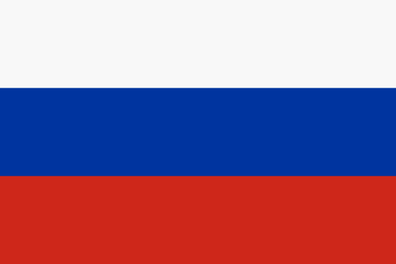Donate to Support Supercluster
Your support makes the Astronaut Database and Launch Tracker possible, and keeps all Supercluster content free.
SUPPORTSupercluster on Patreon
Your support makes the Astronaut Database and Launch Tracker possible, and keeps all Supercluster content free.
SUPPORTThis goes
to space
Olymp-K 2
Olymp-K is a Russian geostationary satellite built for the Russian Ministry of Defence and Federal Security Service. The satellite is also referred to as "Luch".
It will relay data to low-flying rockets and spacecrafts, to altitudes below 1,242 miles (2,000 km). The system transmits data between the Russian segment of the International Space Station and the Mission Control Center.

On this
rocket
Proton-M
Proton-M
Meet the Proton-M, Russia's successor to the Soviet-era Proton rocket.
The Proton-M flew for the first time on April 7th, 2001 and proved that changes to increase engine efficiency by using more propellant by producing more thrust worked as designed.
The rocket is made up of three stages, all of which burn the highly toxic propellants of nitrogen tetroxide and unsymmetrical dimethylhydrazine.
The new changes introduced with the Proton-M ensure that most of its propellants are burned before moving to the next stage. Russian officials also evacuate any villages within the drop zone of the stages since the rocket has to launch over land.
In its three-stage configuration, Proton-M can take 23 tonnes to low Earth orbit.
For missions to higher orbits or other planets, mission planners can choose one of three optional fourth stages to add to the rocket, including Briz-M, Blok DM-2, and Blok DM-03.
With an additional fourth stage, the rocket can bring up to 6.3 tonnes to Geostationary Transfer Orbit or 3.25 tonnes to Geosynchronous Orbit.
Photo credit: Roscosmos

From this
launch site
Site No. 81/24 - Baikonur Cosmodrome, Kazakhstan
Site 81/24 at Baikonur is used exclusively to launch the Proton rockets.
It has hosted 84 launches to date and was first used on 22 November 1967.
Notable launches include Salyut 1 - humanity's first-ever space station.

GET THE SUPERCLUSTER APP
THE SUPERCLUSTER PODCAST
A podcast exploring the amazing milestones that changed space history, the wildest ideas that drive our future, and every development in this new Golden Age of Space.
Donate to support
Your support makes the Astronaut Database and Launch Tracker possible, and keeps all Supercluster content free.
SupportCOPYRIGHT 2021 SUPERCLUSTER LLC

